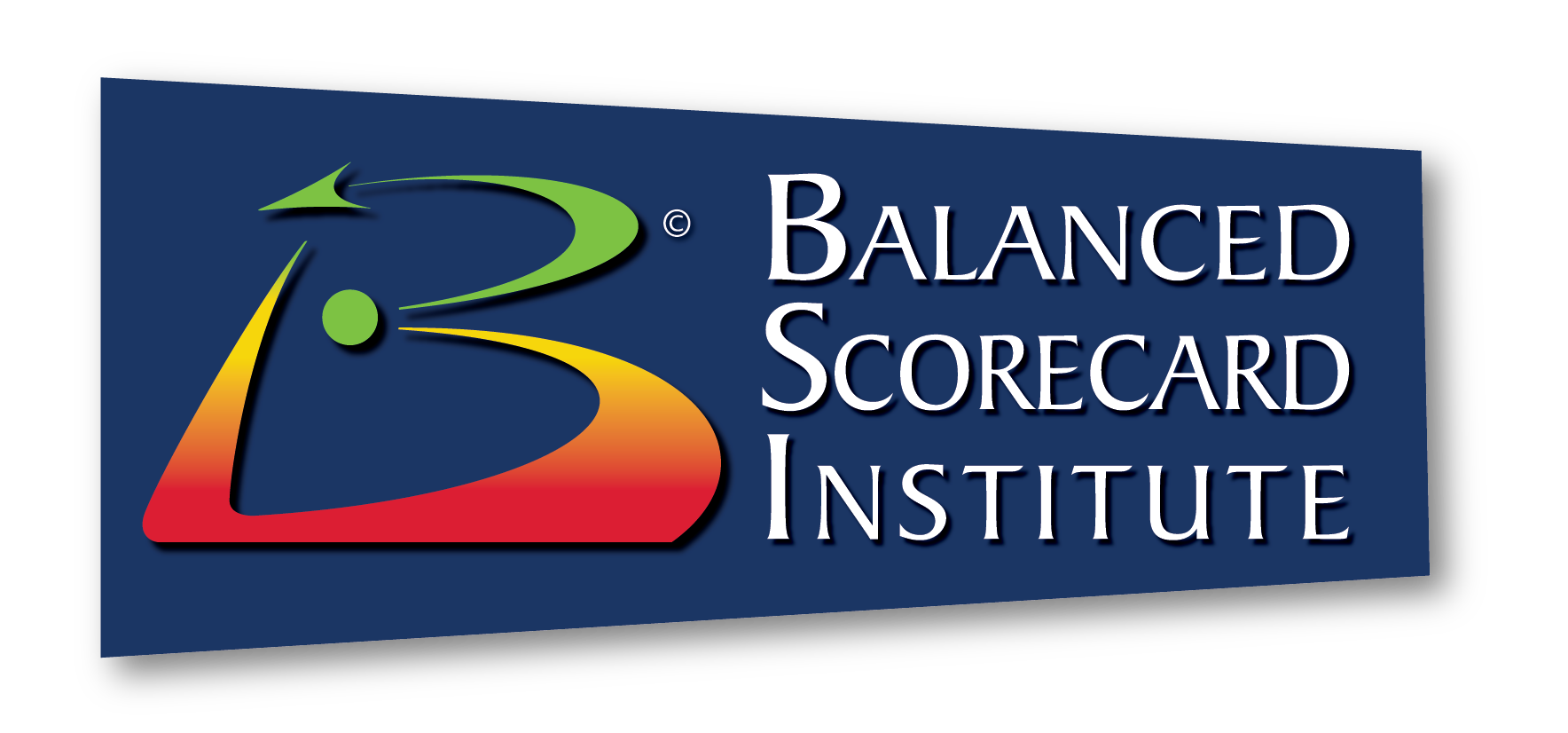Communicate, Communicate, Communicate!
 This is the seventh installment in a blog series that discusses potential pitfalls that could hold you back from being fully successful in your strategic planning efforts. The first was ensuring that you have full leadership support before you begin the strategic planning initiative, the second was generating needed buy-in across the organization, the third was making sure you build that strategy in a way that it can be executed effectively, the fourth was prioritizing to narrow your focus, the fifth was integrating the strategy into how you do business and the sixth was ensuring you have effective execution of the strategy. As I started the first blog of the series, most things that I have been successful at in my life have been because I did it the right way and using the right tools. At the Balanced Scorecard Institute, we have the “Nine-Step Process” to building a strategic management system. We believe in this approach and we have helped hundreds of clients develop comprehensive strategic plans with a management system that enables them to effectively execute strategy. I myself have worked with over 80 organizations and have seen very successful strategic planning efforts and also those that were less so! I wanted to share some observations as to where those that were not as successful went wrong along the way.
This is the seventh installment in a blog series that discusses potential pitfalls that could hold you back from being fully successful in your strategic planning efforts. The first was ensuring that you have full leadership support before you begin the strategic planning initiative, the second was generating needed buy-in across the organization, the third was making sure you build that strategy in a way that it can be executed effectively, the fourth was prioritizing to narrow your focus, the fifth was integrating the strategy into how you do business and the sixth was ensuring you have effective execution of the strategy. As I started the first blog of the series, most things that I have been successful at in my life have been because I did it the right way and using the right tools. At the Balanced Scorecard Institute, we have the “Nine-Step Process” to building a strategic management system. We believe in this approach and we have helped hundreds of clients develop comprehensive strategic plans with a management system that enables them to effectively execute strategy. I myself have worked with over 80 organizations and have seen very successful strategic planning efforts and also those that were less so! I wanted to share some observations as to where those that were not as successful went wrong along the way.
The seventh and final pitfall is not communicating the strategy effectively. As we are told with any change management effort: communicate, communicate, communicate! In our balanced certification courses we love to give the example of a vision as John F. Kennedy announcing in 1962 that by the ended of the decade he wanted the United States as a nation to put a man on the moon. It was a great vision and it really captured the imagination of the nation. Everyone was on board and understood what we were trying to accomplish. And at NASA, it is said that everyone understood how what they did was going to help the agency put a man on the moon. There was effective communication that lead to overwhelming commitment. Not only for those that worked at NASA, but truly by almost the entire country. For effective change management to occur it must be well communicated. People have to understand the “burning platform” behind the reason for change. It must become so personal that they can translate what they do in terms of how it is going to help the organization become successful. It is only when you get this kind of understanding and buy-in that strategy really is let loose throughout the organization.
If this pitfall sounds familiar, contact us. Communication throughout the strategic planning process is critical but it’s especially important before the process begins and after it’s implemented.
This completes this blog series. Again, these are not the only reasons why strategies fail, but just some of the key impediments I have seen that hold organizations back from realizing the many benefits to developing a strategy and a supporting strategic management system.
Missed Part 6 of the blog series? You can read it here.
Tim has over 32 years of experience in management and professional services management consulting. Areas of expertise include strategic planning, portfolio management, performance measurement/management, project management and business process improvement.


